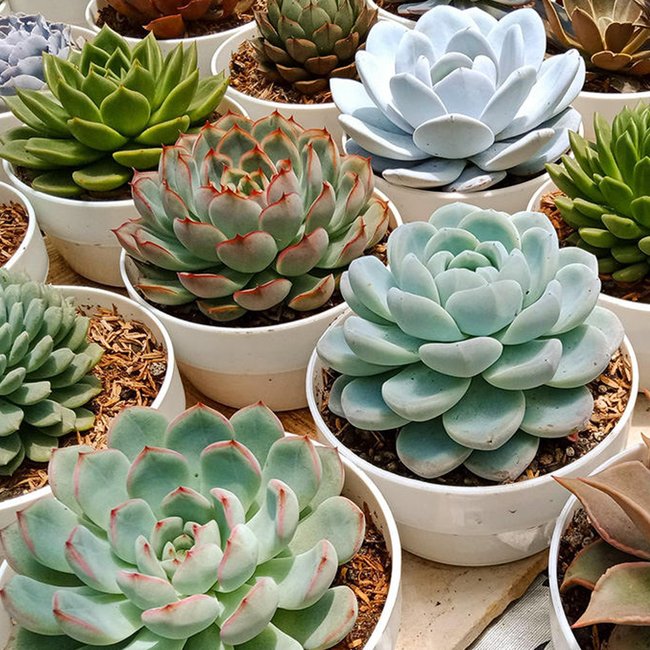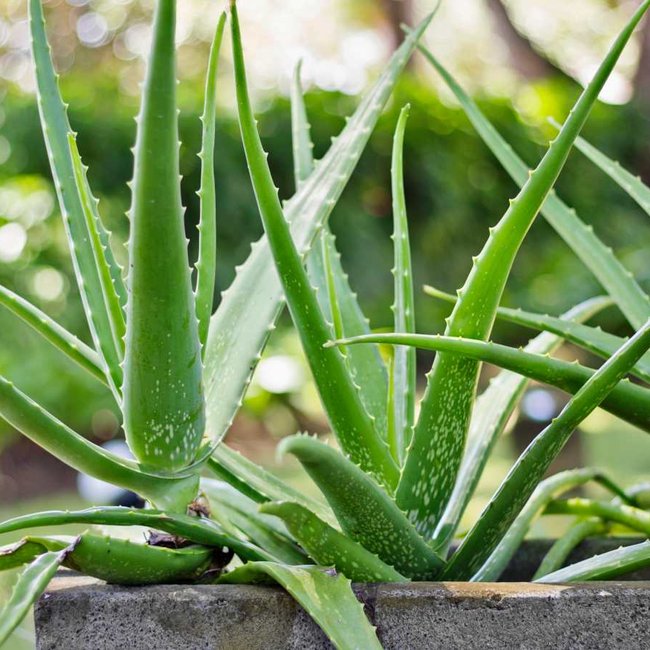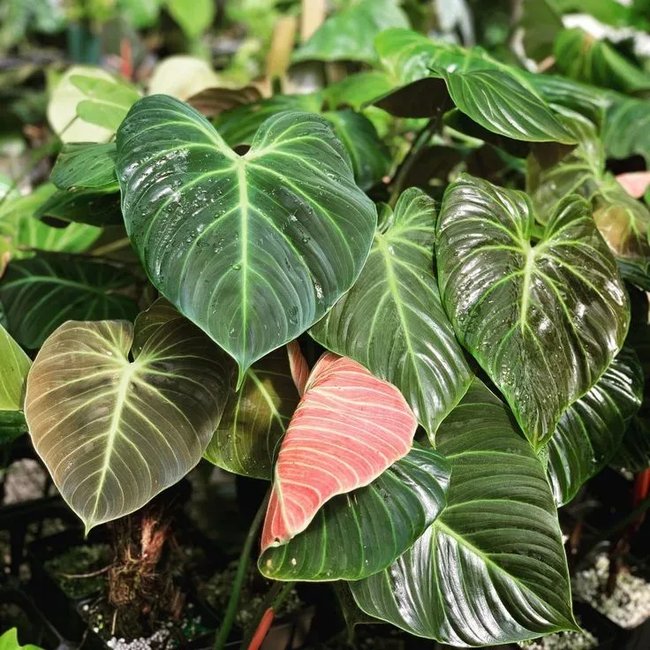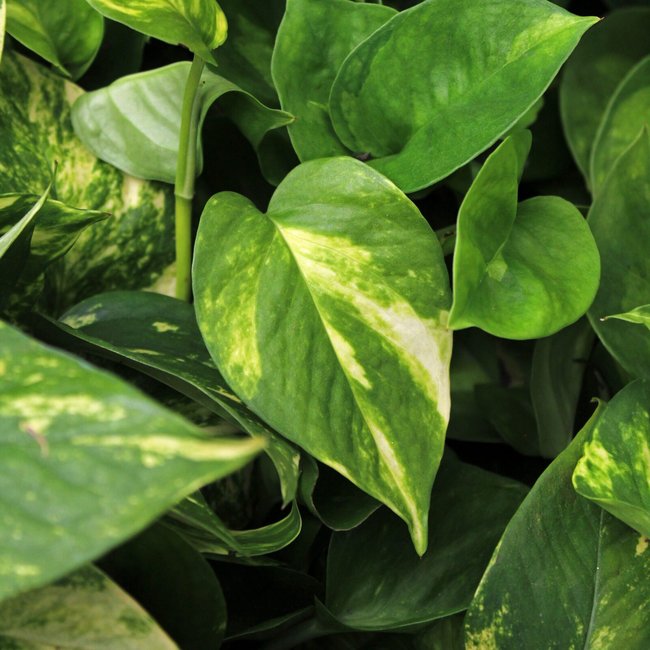Rosemary
Rosemary (Rosmarinus officinalis) is an evergreen shrub in the mint family, Lamiaceae, native to the Mediterranean region. It is a popular culinary herb, used for its flavor and aroma in a variety of dishes.
Classification and Taxonomy
Rosemary belongs to the genus Rosmarinus, which is in the family Lamiaceae. It is an evergreen shrub with woody stems and fragrant, needle-like leaves.
Description and Characteristics
Rosemary is an evergreen shrub with woody stems and fragrant, needle-like leaves. The leaves are dark green in color and have a pungent, resinous flavor. The flowers are small and white, and are usually found in clusters.
Distribution and Habitat
Rosemary is native to the Mediterranean region, but is cultivated worldwide. It prefers warm, sunny climates and well-drained soils.
Ecology and Reproduction
Rosemary is pollinated by bees and other insects. The flowers are hermaphrodite, meaning they contain both male and female reproductive organs. The seeds are dispersed by wind and water.
Uses and Economic Importance
Rosemary is used for culinary and medicinal purposes. It is a popular culinary herb, used for its flavor and aroma in a variety of dishes. It is also used to make essential oils, which are used in aromatherapy and cosmetics.
Conservation Status
Rosemary is not currently listed as threatened or endangered.
-
What is Rosemary and where does it come from?
Rosemary is a woody, perennial herb with fragrant, needle-like leaves and white, pink, purple, or blue flowers. It is native to the Mediterranean region but is now widely cultivated around the world.
-
What are the health benefits of Rosemary?
Rosemary has several health benefits. It is a rich source of antioxidants and anti-inflammatory compounds that can help improve digestion, enhance memory and concentration, reduce stress and anxiety, and boost the immune system. It is also believed to have anticancer properties and may help lower blood sugar levels.
-
How do I grow Rosemary?
Rosemary is a hardy plant that is relatively easy to grow. It prefers well-drained soil and full sun, but can also tolerate partial shade. It can be grown from seeds, cuttings, or by dividing an established plant. It requires moderate watering and should be pruned regularly to promote bushy growth.
-
How can I use Rosemary in cooking?
Rosemary is a versatile herb that can be used in a variety of dishes. It has a strong, pungent flavor that pairs well with meats, poultry, fish, and vegetables. It can be used fresh or dried and can be added to soups, stews, sauces, marinades, and rubs. It is also a popular herb for seasoning roasted meats and potatoes.
-
Can Rosemary be used for medicinal purposes?
Yes, Rosemary has been used for centuries for its medicinal properties. It contains compounds that have antioxidant, anti-inflammatory, and antimicrobial properties that can help treat a variety of ailments, including digestive issues, respiratory problems, and skin conditions. However, it is important to consult with a healthcare professional before using Rosemary for medicinal purposes.
-
What are some alternative uses for Rosemary?
Rosemary has several alternative uses beyond cooking and medicinal purposes. It is a popular ingredient in many beauty and personal care products because of its antimicrobial and anti-inflammatory properties. It can be used as a natural hair rinse to promote hair growth and reduce dandruff, or as an ingredient in homemade facial toners and scrubs. It can also be used as a natural insect repellent or added to homemade cleaning solutions for its pleasant scent and antimicrobial properties.
-
How long does Rosemary last?
Rosemary is a hardy herb that can last for several years if properly cared for. It can be grown indoors or outdoors, depending on the climate, and can survive winter temperatures as low as 20°F (-6°C). Fresh Rosemary can be stored in the refrigerator for up to two weeks, or dried and stored in an airtight container for up to six months.
-
Are there any precautions I should take when using Rosemary?
While Rosemary is generally considered safe, there are a few precautions to keep in mind. It should not be consumed in large quantities by pregnant or breastfeeding women, as it may stimulate menstruation and potentially lead to miscarriage. It may also interact with certain medications, such as blood thinners and diuretics, so it is important to consult with a healthcare professional before using Rosemary for medicinal purposes. Additionally, some people may be allergic to Rosemary, so it is important to test for allergies before using it topically or consuming it.
-
Can Rosemary be used in aromatherapy?
Yes, Rosemary is a popular ingredient in aromatherapy because of its stimulating and uplifting properties. It is believed to help improve memory and concentration, reduce stress and anxiety, and promote relaxation. It can be used in diffusers, candles, bath salts, and massage oils to create a refreshing and invigorating scent. However, it is important to dilute Rosemary essential oil before using it topically, as it can cause skin irritation in some people.
10 Fun Facts About
1. Rosemary is one of the oldest known herbs and has been used for centuries for both culinary and medicinal purposes. 2. Rosemary is rich in antioxidants, which can help protect against oxidative damage. 3. The leaves of rosemary are used to make essential oils, which are used in aromatherapy and cosmetics. 4. Rosemary is believed to have antiseptic and anti-inflammatory properties. 5. Rosemary has been associated with memory enhancement and improved cognitive performance. 6. Rosemary is a popular ornamental plant and is often used in gardens and landscapes. 7. Rosemary is traditionally associated with love and fidelity. 8. Rosemary is known to repel some insects, such as mosquitoes and moths. 9. Rosemary can be used to make a tea that can help to relieve headaches and indigestion. 10. Rosemary is known to improve the flavor of foods when used as a seasoning.
Pun
Rosemary's a real "trendy herb"!
Similar To
Lavender, Thyme, Sage, Oregano Keywords: Rosemary, Herb, Lamiaceae, Evergreen, Mediterranean, Culinary, Medicinal, Essential Oils, Aromatherapy, Cosmetics







